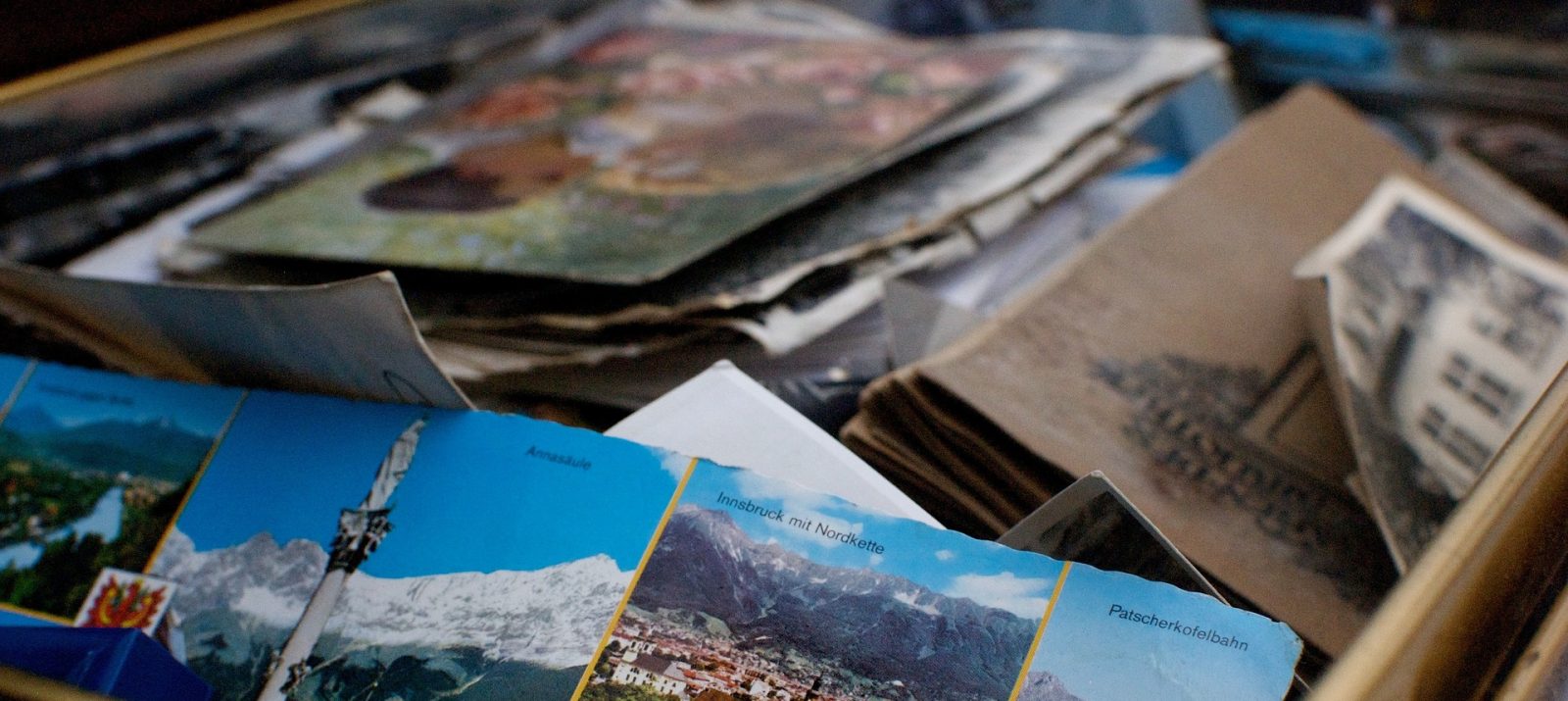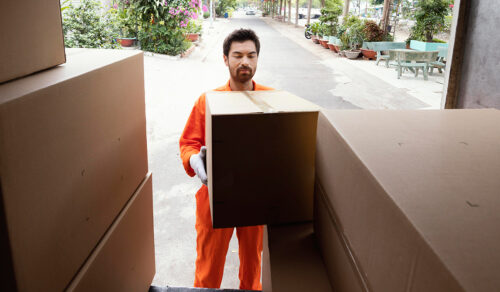Picture this: You decide to declutter your home, but despite your best intentions, 30 minutes into the project you’re surrounded by a pile of old college T-shirts, wearing a fedora you forgot you had, and sifting through your dresser drawer contents like they’re relics.
We’ve all been there before. Decluttering is difficult, and can often be emotionally draining, anxiety-inducing, or even painful.
Why is letting go of stuff hard?
Because — thanks to a few well-worn excuses — it’s insanely easy to justify why you might need to keep something.
But here’s the good news: The first step to letting go of clutter is learning to understand the fear you have about parting with a particular item.
Here are the six main reasons letting go of possessions is hard, plus tips for how to move past the fear and make more space in your home — and your life — for the things that really matter.
Schedule a pickup with Clutter now!
1. Our stuff has sentimental value.
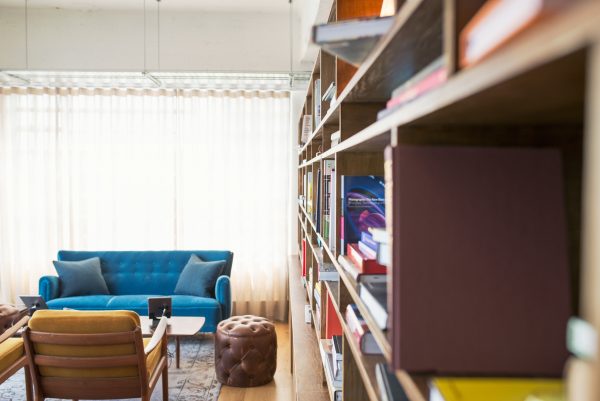
The most common reason we hold onto things is because we’re sentimental creatures.
The tiny bottle of white sand from your trip to Oahu. Your grandmother’s ottoman. Your concert T-shirt from a first date. Many things we own remind us of a loved one, a special trip, or a happy period in our lives, making them difficult to part with.
Chicago-based Certified Professional Organizer Amy Trager advises asking yourself if you’ll remember the occasion or person in question without the item attached to it. “If you can say yes, you can donate that item. Someone else will love it,” says Trager.
If you’re tempted to keep the item for nostalgia’s sake, take a photo of it instead and jot down a few sentences about its importance.
2. We worry we might need something again.
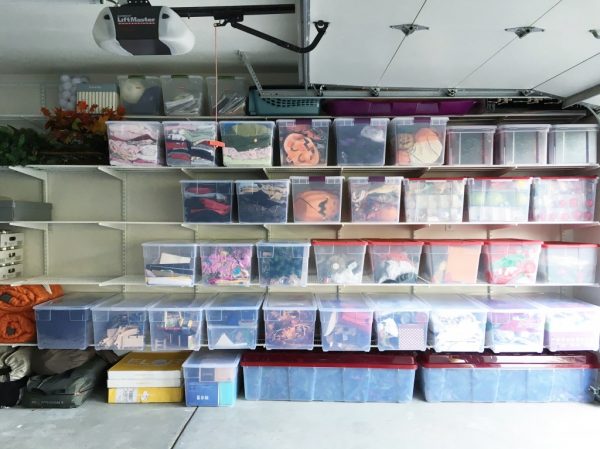
This is one of the most dangerous excuses out there. It’s why we hold onto everything from instruction manuals and broken colored pencils to untouched snowboards (here’s how to store surfboards) and old chemistry textbooks.
But as Monica Friel, owner of Chicago-based Chaos to Order, says, “There’s a difference between needing something and possibly needing something.”
Storing stuff we don’t use or like just because we think we might need it again someday isn’t productive or healthy.
Trager advises getting real and asking yourself when you last used the item in question. If it’s been a year or longer, you can let it go.
“You will sometimes get rid of something you may want again. That’s okay. You can borrow it, rent it, or repurchase it, if you must,” says Trager.
Learn more: Use this cheat sheet to declutter your home like Marie Kondo.
3. We feel guilty about getting rid of something from someone we love.
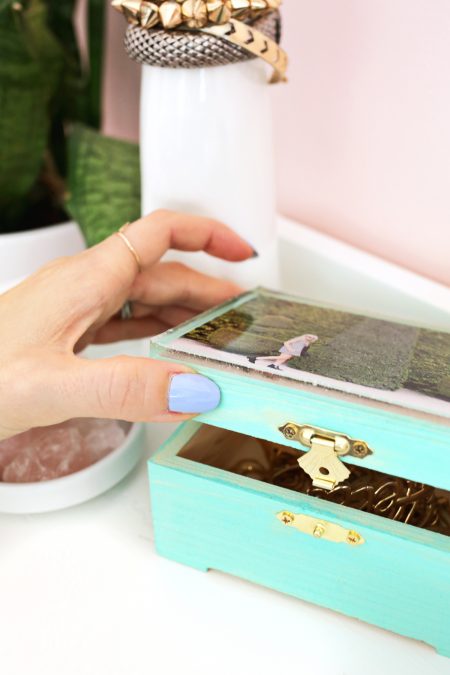
Guilt can play a big role in our resistance to decluttering.
“We often feel guilty if we’re getting rid of something from someone we love,” says Trager. “It’s hard to remind ourselves that a person will still love us, and us them, even if we no longer own this item they gave us.”
So instead of shoving the framed cat painting your friend bought for you into a closet to collect dust, let it go.
“Make arrangements to get it into the hands of someone who will appreciate it,” says Friel. “It’s the best way to honor your loved one.”
4. We feel guilty about the money we spend.
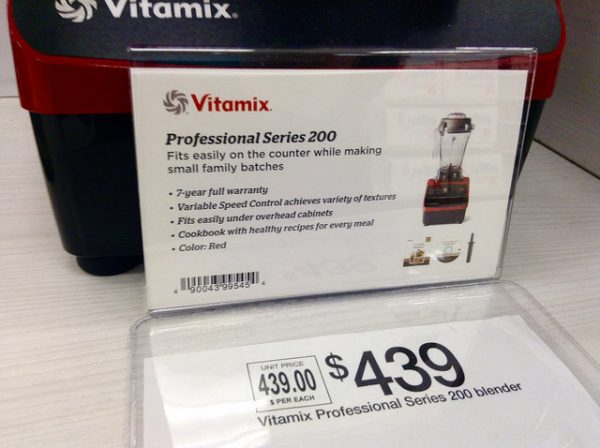
Decluttering guilt 2.0 happens when we’re reluctant to let something go because we’ve spent a significant amount of money on it.
Maybe it’s the pricey and bulky blender you realize you’ll never use (here’s a small and powerful alternative), the non-refundable winter coat that makes you itch, or the fancy bookcase you splurged on only to discover it clashes with your decor.
Whatever the item, it’s tempting to want to keep it simply because of its perceived monetary value.
But, as Trager says, “Just because we spent money on something at one point doesn’t mean it still has that dollar value. Ask yourself if that dollar value is worth the space it takes up in your home. What is that space and calm worth to you?”
Learn more: Check out these 53 insanely clever bedroom storage hacks and solutions.
5. We attach our dreams and hopes to our possessions.
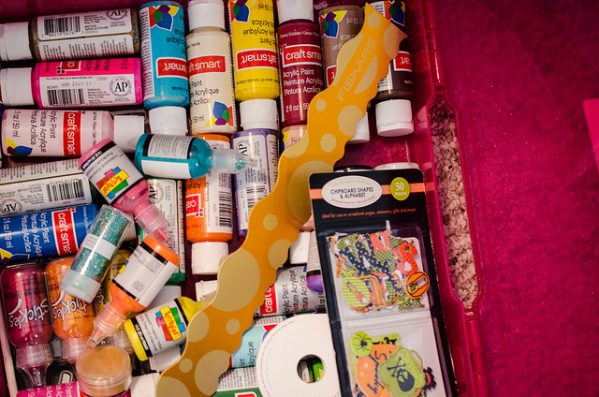
Sometimes, when we say goodbye to an item, we’re also saying goodbye to the hope that that item represents for us.
“We keep boxes full of craft supplies because someday we’ll build that dollhouse and sew those quilts. We keep stacks of magazines because we’ll start gourmet cooking any day now,” says Trager.
The list goes on: You save the complete set of Jane Austen novels because you’re determined to develop a reading habit. You keep a pair of too-small skinny jeans because you want to lose 15 pounds. You let your acoustic guitar gather dust in the closet (here’s how to store musical instruments and equipment in a cramped apartment) because you think maybe one day you’ll learn to play.
Letting go of these things might feel like a failure or an embarrassment. It might feel like giving up on a dream. But as tough as it is to let go, it’s much harder to hold onto something that doesn’t bring tangible joy to your life.
Be honest with yourself and let the item go so you can create more space for something that better suits your habits and lifestyle.
Additionally, getting rid of clutter may even improve your health.
Learn more: 8 awesome minimalist living tips.
6. We don’t make time.
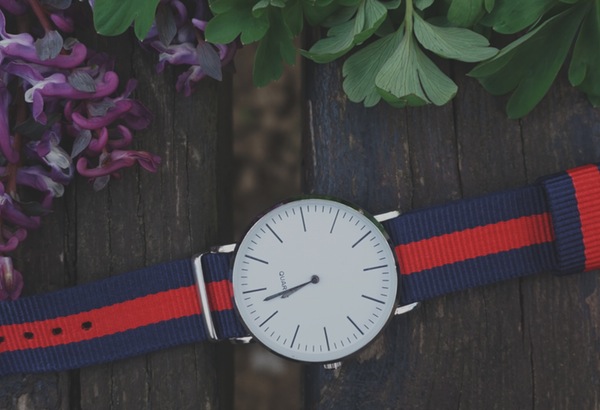
Time is precious, and the last thing most of us want to spend it on is cleaning or decluttering.
That’s why our stuff accumulates so quickly — we often don’t take the time to consider the things we own and the value (or lack thereof) they bring to our lives.
According to Friel, “Clutter amounts to postponed decisions,” whether it’s the decision to delay your big closet purge or to leave the stack of mail on your desk for tomorrow (here’s how to organize your desk in under 4 minutes).
Instead of waiting until you have an entire weekend to sort through your stuff, make small decisions as they come up. Designate one bin for trash and one for items to donate. Then toss things in right when you realize you no longer need them.
For everything you don’t have space for but can’t let go of quite yet (like your out-of-season clothes, book collections, or furniture), use Clutter.
Simply schedule a pickup and pack your stuff. We’ll pick up everything from your home and transport it to our secure, temperature-controlled storage facility.
when you finally find the perfect corner spot for your collection of vintage DVDs, log into your Clutter account, select the bin storing your DVDs , and we’ll deliver it to you.
Embracing the Art of Letting Go: Decluttering Your Life
In a world filled with material abundance, letting go of possessions can be a liberating and transformative experience. It’s not just about creating physical space; it’s about making room for mental clarity and a more intentional lifestyle.
10 Best Strategies for Decluttering Your Home
1. Start Small and Gradual
Begin with a single drawer or closet. Tackling small areas first prevents overwhelm and builds momentum for larger projects.
2. Set Clear Goals
Define what you want to achieve with your decluttering efforts. Whether it’s a more organized home or a clearer mind, having specific goals will keep you focused.
3. Use the Four-Box Method
Label four boxes as “Keep,” “Donate,” “Sell,” and “Trash.” As you sort through your belongings, place each item into one of these boxes. This method simplifies decision-making and organizes the decluttering process.
4. Adopt the One-Year Rule
If you haven’t used or worn something in the past year, it’s time to let it go. This rule helps you part with items that are merely taking up space.
5. Digitize Important Documents
Reduce paper clutter by scanning and storing important documents digitally. This not only saves space but also makes documents easier to find and share.
6. Limit Sentimental Items
Keep only a few meaningful items that truly bring joy and memories. Consider photographing sentimental items to preserve the memory without keeping the physical object.
7. Practice the KonMari Method
Inspired by Marie Kondo, keep only items that spark joy. Hold each item and ask yourself if it brings you happiness. If not, thank it for its service and let it go.
8. Create a Decluttering Schedule
Set aside regular times to declutter, whether it’s a few minutes each day or a couple of hours each week. Consistency makes the task less daunting.
9. Invite Friends for a Decluttering Party
Make decluttering fun by inviting friends to help. They can offer objective opinions on what to keep or discard, and you can do the same for them.
10. Reward Yourself
Celebrate your decluttering milestones with small rewards. Whether it’s a treat, a new book, or simply enjoying your newly organized space, rewarding yourself can motivate continued efforts.
5 Benefits of Simplifying Your Life Through Decluttering
1. Enhanced Mental Clarity
A clutter-free environment reduces distractions and mental overload, helping you focus better and think more clearly.
2. Increased Productivity
With fewer items to manage, you’ll spend less time searching for things and more time on tasks that matter, boosting your overall productivity.
3. Improved Mood and Well-being
A tidy, organized space can reduce stress and anxiety, leading to a more positive and peaceful state of mind.
4. More Time and Freedom
Simplifying your possessions means less time spent cleaning and maintaining items, giving you more time to pursue activities you love.
5. Financial Savings
By letting go of unnecessary items and resisting the urge to accumulate more, you’ll save money and possibly earn extra cash from selling unwanted belongings.
Conclusion
Decluttering and simplifying your life is more than just an exercise in organization—it’s a journey toward greater clarity, efficiency, and joy. By embracing the art of letting go, you can create a space that truly reflects and supports the life you want to live. Start small, stay consistent, and enjoy the profound benefits of a simpler, more intentional lifestyle.
Schedule a pickup with Clutter now
FAQs on Effective Decluttering: Making Thoughtful Decisions for a Simpler Life
What criteria should I use to determine which items to retain and which to discard?
Consider keeping items that you use regularly, bring you joy, or hold significant sentimental value. Items that are broken, outdated, or rarely used can usually be let go.
How can I avoid regret after decluttering my possessions?
To minimize regret, take time to reflect on each item’s usefulness and emotional value. Consider donating items that might benefit others and take photos of sentimental objects before parting with them.
How should I handle the fear of needing an item after it’s been discarded?
It’s helpful to remind yourself that most items can be replaced if truly needed. Create a “maybe” box for items you’re unsure about and revisit it after a set period to see if you missed any of them.
In what ways can decluttering positively impact my mental well-being?
Decluttering can reduce stress, increase focus, and create a more peaceful living environment. It helps clear physical and mental space, leading to a sense of accomplishment and control.
What strategies can help me manage the emotional difficulty of letting go of sentimental items?
Start by keeping only the most meaningful items. Consider taking photos of items you want to remember but don’t need to keep. Reflect on the memories attached to the items rather than the items themselves.
This article was written by Paige Smith, a freelance writer from Orange County, California who specializes in lifestyle, wellness, and travel topics.


